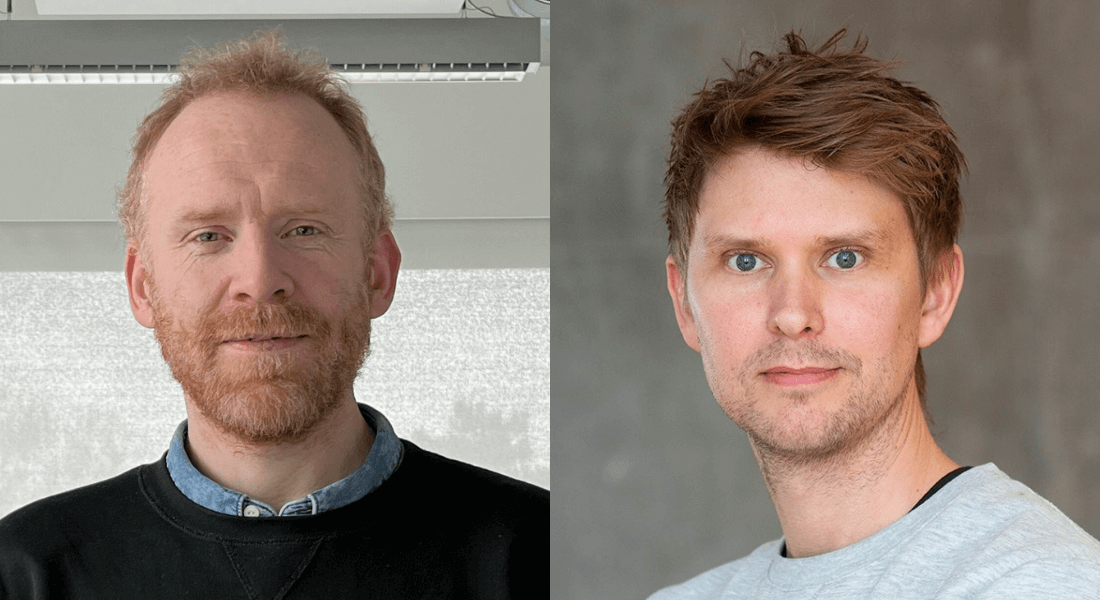Two SUND researchers receive fellowship grants from the Lundbeck Foundation
Every year, the Lundbeck Foundation awards grants of DKK 10 million to researchers in so-called fellowships. Two researchers from the Faculty of Health and Medical Sciences at the University of Copenhagen receive such a research grant in 2024.

The opportunity to establish your own research group at a Danish hospital or university, and five years to work focused on a biomedical science project.
This is what awaits junior researchers if they are awarded an LF Fellowship worth DKK 10 million to be paid out over a period of five years.
The LF Fellows programme supports talented young scientists, providing the financial freedom and stability to pursue their scientific visions and develop into international research leaders.
Congratulations to Postdoc Mikkel Vestergaard at the Department of Neuroscience and Associate Professor Peter Haahr at the Department of Cellular and Molecular Medicine.
Mikkel Vestergaard, Postdoc, Department of Neuroscience
Titel: ’Pain processing in insular cortex’
The pain-related topics Vestergaard and his team will be investigating at UCPH include: Which neuronal networks in the insular cortex are affected by pain and how is pain registered and processed in this region of the brain?
Until now, the location of the insular cortex in the human brain and in other mammals has made it very difficult to obtain detailed measurements of how this region processes pain. To overcome this challenge, Vestergaard and his colleagues have developed an investigative technique allowing them to make these measurements in studies on mice.
Peter Haahr, Associate Professor, Department of Cellular and Molecular Medicine
Titel: ’The cellular stress response and mRNA translation in health and disease’
The processes underlying cell stress that Haahr and his research-team colleagues will be investigating concern how human cells at molecular level deal with various disruptions, stress-induced damage and threats such as chemical substances in the cell environment or UV radiation from the sun.The research project involves a large array of experiments on human cells, including genetically modified cancer cells. By using a new technology that introduces different genetic mutations into millions of cells at a time, while measuring the impact of these mutations on cellular stress response, the researchers hope to gain a clearer picture of the workings of this ‘machinery’. and of the specific genes involved.
